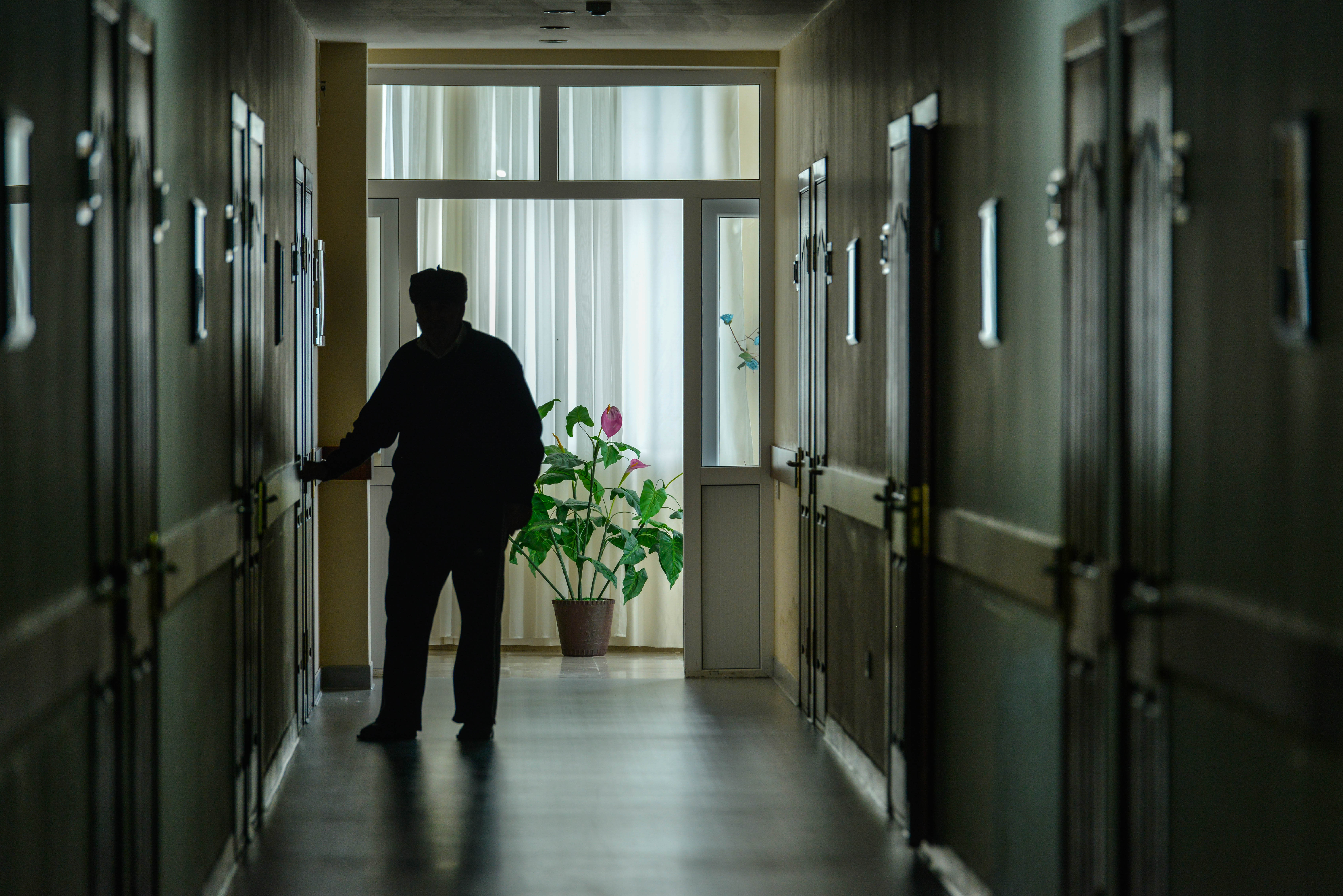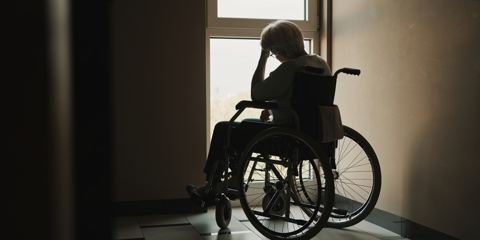When you think of sexual abuse, you may think of children or young adults. However, there is a growing demographic of abuse victims — the elderly. Sexual abuse in nursing homes is rare, but it still happens more often than you expect. This type of elder abuse is often underreported, mainly due to the fact that residents with mental or physical disabilities may not be able to tell the authorities what happened. In fact, it is reported only about 30% of the time.
Sexual abuse can take on many forms. It can present itself as the following:
- Unwanted intimate touching, especially to breasts or genitals
- Rape, oral, or anal sex
- Forced nudity
- Forcing a resident to watch pornography or masturbation
- Taking sexually explicit photos or audio/video recordings of a resident and distributing them to others.
Sexual abuse among elders can happen anywhere, although it happens in nursing homes in 70% of cases. More than 80% of the time, the abuser is the primary caregiver.
Seniors living in nursing homes are more vulnerable to all kinds of abuse, including sexual abuse, because they often have physical or mental disabilities. This makes them seen as easy prey to others. Sexual abuse may be perpetrated by aides, nurses, other staff members, and even fellow residents.
Nobody deserves to suffer from nursing home abuse. Under federal law, nursing home residents have the right to be free from all forms of abuse. Nursing facilities must have written policies and procedures for preventing abuse. They must also train staff on what constitutes abuse and have procedures for reporting such incidents. In addition, they must not hire anyone who has previously been found guilty of abuse.
Who is at Risk?
Any nursing home resident, female or male, runs the risk of being a victim of sexual abuse. However, women generally have a higher risk of sexual abuse than men, whether or not they are in a nursing home. Two-thirds of nursing home residents are women. Statistics show that 1 in 5 women have been either raped or suffered an attempted rape. For men, the statistic is 1 out of 38.
Still, both older women and men can be victims of sexual abuse. Perpetrators are often male staff members, but female staff members can also be abusers. They are likely to abuse both older men and older women.
Residents with mental illnesses like dementia or Alzheimer’s disease are also at a high risk of sexual abuse due to impaired memory and communication skills. They are often taken advantage of by nursing home staff.
Many sexual abuse victims are highly dependent on their caregivers. They are often frail and cannot defend themselves from abusers, especially those who are physically stronger.
Social isolation is another contributing factor to sexual abuse. Nursing home residents who have no friends or family members visiting them and checking on them regularly become easy prey for abusers. That’s because there is no one to seek help or inform others of the situation. This allows the abusers to continue their wrongful behavior. In some cases, the abuser will even go as far as to intentionally isolate the victim from their family. They may limit communication with outsiders so they cannot know about the sexual abuse.
Is All Sexual Activity in Nursing Homes Considered Abuse?
Not all sexual activity is considered abuse. However, it depends on one key aspect: consent.
While residents have the right to engage in consensual sexual activity if they desire, this is dependent on both residents having the capacity to consent. A resident’s ability to consent to sexual activity needs to be carefully assessed, as those with cognitive disorders such as dementia may not be able to legally give consent.
Signs of Sexual Abuse
If your loved one has been sexually abused, you may notice physical signs such as:
- Bruises around breasts, inner thighs, or the genitals
- Unexplained sexually transmitted diseases or infections
- Vaginal or anal pain or bleeding
- Torn, stained, or bloody underwear
- Difficulty sitting or walking
There may also be psychological signs of sexual abuse, such as:
- Extreme agitation
- Withdrawal from social interactions
- Excessive fear of their abuser
- Panic attacks or post-traumatic stress disorder (PTSD)
- Suicide attempts
- Fear of being left alone or the dark
- Increased nightmares or disturbed sleep
What to Do if You Suspect Sexual Abuse
Has your loved one been the victim of sexual abuse? Here are the next steps you should take:
- Ensure the resident’s safety. Make sure the victim is safe and all their immediate care needs are being met.
- Report the abuse. Contact the nursing home administrator and the person in charge to let them know what happened.
- Call 911 or the local police. The authorities can investigate the allegation of abuse and file a report.
- Preserve evidence. Keep the victim from urinating, bathing, and brushing their teeth. Do not change or wash their clothing or bedding. You need as much evidence as possible.
- Obtain medical attention. If the victim has been raped or injured, make sure they get medical attention and support from victims’ services programs.
- Call the Licensing and Certification Agency. This agency inspects nursing homes and investigates complaints.
- Call Adult Protect Services (APS). APS investigates suspicions of abuse of nursing home residents.
- Call your Long-Term Care Ombudsman Program. The ombudsman serves as an advocate for nursing home residents. They can help your loved one get the help they need.
- Seek legal help. A personal injury lawyer can assess your case and help you get justice as well as compensation for your loved one’s damages.
Contact Newman Law Group Today
Sexual abuse among the elderly can be hard to uncover. Abusers may attempt to protect themselves by claiming that the victim gave consent, but this does not always mean that it was not sexual harassment or abuse.
If you suspect that your loved one is a victim of sexual abuse in a nursing home, you need legal assistance right away. The nursing home needs to be held accountable. The skilled attorneys at Newman Law Group, LLP can help you obtain compensation and justice. Schedule a consultation with our office by calling (916) 352-3224.





